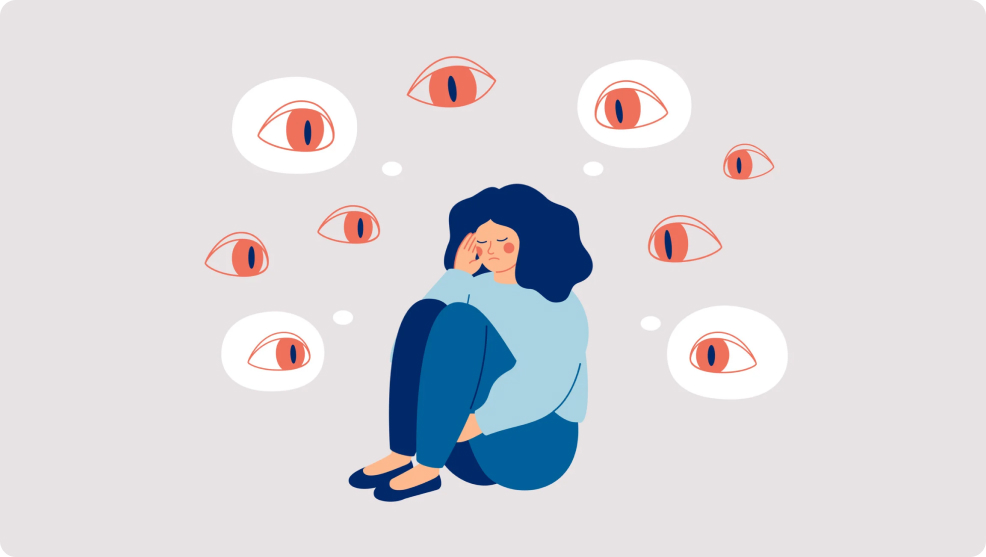Eating disorders are complex mental health conditions that affect millions of people worldwide. They involve a range of abnormal eating behaviors, thoughts, and emotions, often leading to negative physical and psychological consequences. In this article, we will explore the different types of eating disorders, their symptoms, and address some common questions surrounding these disorders.
Types of Eating Disorders and Associated Symptoms

Anorexia Nervosa
Anorexia nervosa is characterized by extreme fear of weight gain, leading to severe dietary restrictions and excessive weight loss. Individuals with anorexia often have a distorted body image and may engage in compulsive exercise or purging behaviors.
Symptoms include:
- Intense fear of gaining weight
- Severe dietary restrictions
- Excessive weight loss
- Distorted body image
- Compulsive exercise or purging behaviors

Bulimia Nervosa
Bulimia nervosa involves recurrent episodes of binge eating followed by compensatory behaviors to prevent weight gain. Individuals with bulimia often maintain normal body weight.
Symptoms include:
- Recurrent episodes of binge eating
- Compensatory behaviors such as vomiting, excessive exercise, or fasting
- Concern about body shape and weight
- Preoccupation with weight and body image

Binge Eating Disorder (BED)
Binge Eating Disorder is characterized by recurrent episodes of consuming large amounts of food in a short period, accompanied by feelings of loss of control and guilt.
Symptoms include:
- Recurrent episodes of consuming large amounts of food
- Feelings of loss of control and guilt
- Absence of compensatory behaviors
- Anxiety related to eating

Avoidant/Restrictive Food Intake Disorder (ARFID)
Avoidant/Restrictive Food Intake Disorder involves the avoidance or restriction of certain foods based on sensory characteristics, preferences, or concerns.
Symptoms include:
- Avoidance or restriction of certain foods
- Sensory characteristics, preferences, or concerns influencing food choices
- Weight loss or failure to meet nutritional needs
- Anxiety related to eating
Common questions and answers about Eating Disorders
1. Are eating disorders only related to body image?
No, eating disorders have diverse underlying factors including genetics, psychological issues, social pressures, and trauma.
2. Can men develop eating disorders too?
Yes, eating disorders can affect people of all genders.
3. What are the potential health consequences of eating disorders?
Eating disorders can lead to severe nutritional deficiencies, electrolyte imbalances, heart problems, and digestive issues.
4. Can someone fully recover from an eating disorder?
Yes, with early intervention and appropriate treatment, full recovery is possible.
5. How can I help a loved one struggling with an eating disorder?
Show empathy, offer non-judgmental support, and encourage them to seek professional help. Focus on their emotional well-being rather than commenting on their appearance.

Understanding the types of eating disorders and their associated symptoms is essential to recognize the signs and provide appropriate support and intervention. By addressing common questions and breaking down the misconceptions surrounding eating disorders, we can promote understanding and empathy while guiding individuals toward recovery and improved mental well-being.





